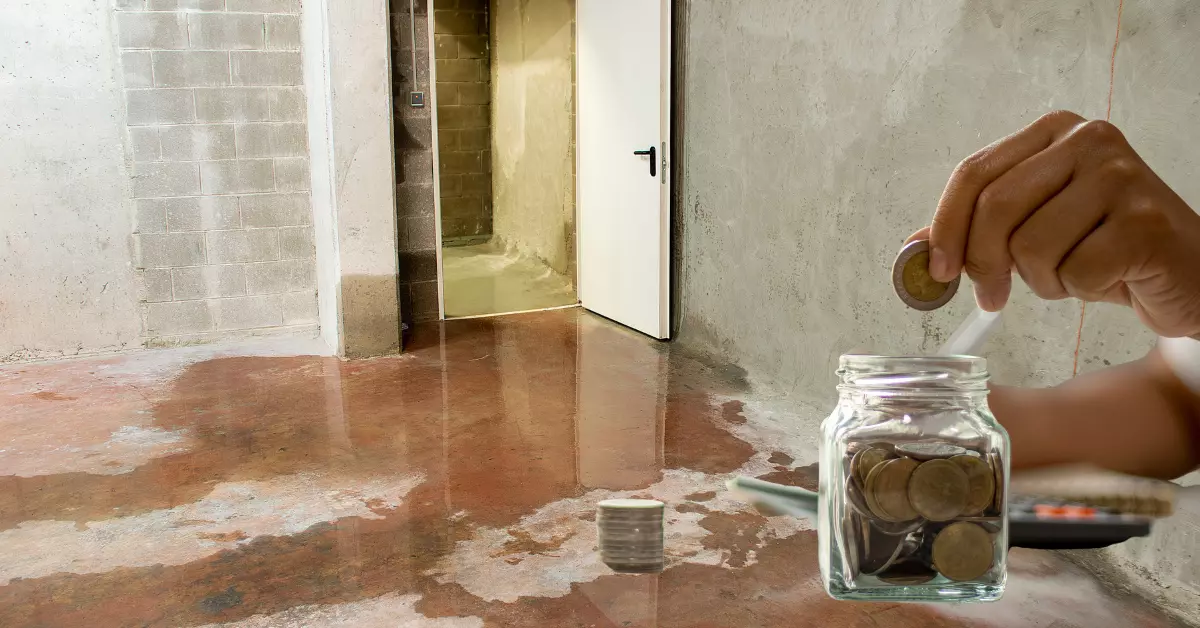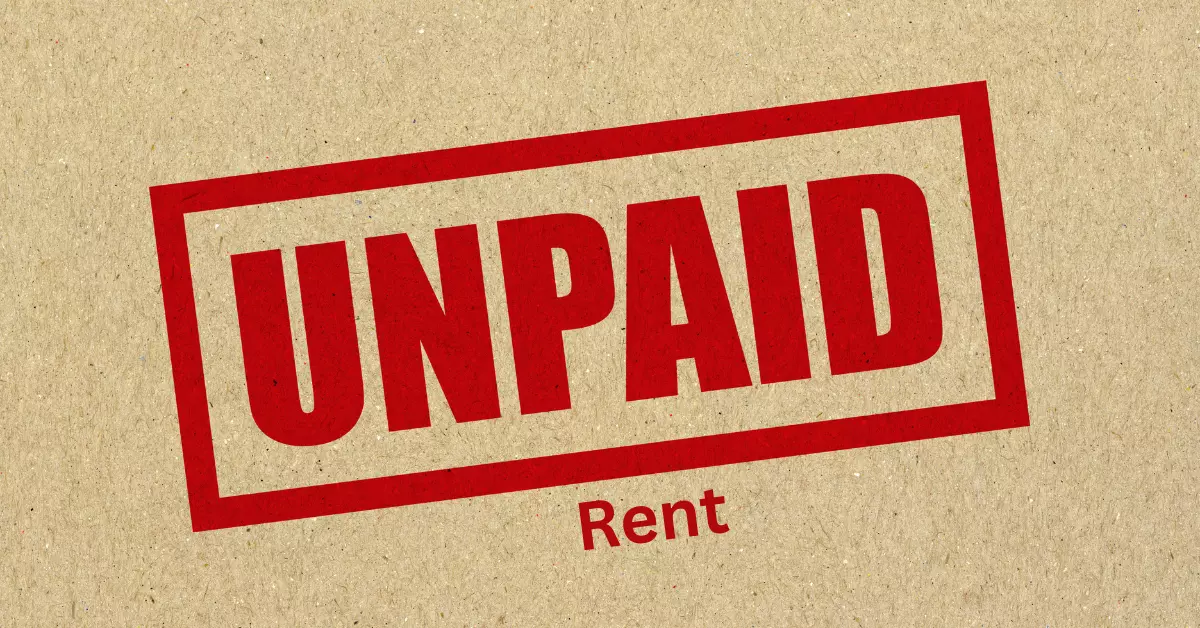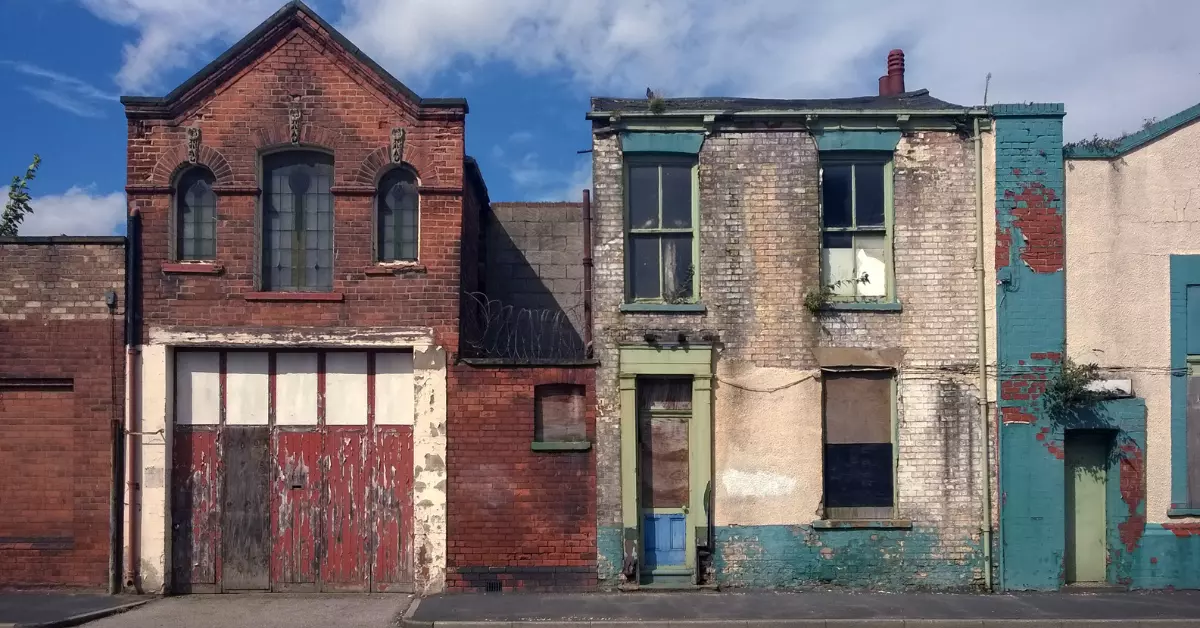When Can a Landlord Keep a Damage Deposit in Bc?
A landlord in bc can keep a damage deposit when there is unpaid rent or damage to the rental property beyond normal wear and tear. This deposit cannot exceed half a month’s rent.
However, in some cases, a landlord can keep all or a portion of the damage deposit. The residential tenancy act of bc has specific rules outlining when a landlord can keep the damage deposit.
If you do not pay rent or if there is damage to the property beyond normal wear and tear, the landlord can keep the deposit to cover their losses. Let’s explore under what circumstances a landlord can keep a damage deposit in bc.

What Is A Damage Deposit?
Definition Of A Damage Deposit
A damage deposit is a sum of money that a tenant pays to the landlord as security against any damage or additional cleaning costs that may occur during their lease period.
This deposit is refundable at the end of the lease period as long as the tenant returns the property in its original condition, and meets any other requirements spelled out in the lease agreement.
How Many Landlords Can Charge For A Damage Deposit In Bc?
The maximum amount a landlord can charge for a damage deposit in bc is equal to half of one month’s rent. For example, if the monthly rent is $1,200, the landlord can charge a maximum of $600 as a damage deposit.
The landlord cannot increase the deposit amount during the lease unless the tenant agrees.
When The Deposit Needs To Be Returned To The Tenant?
In british columbia, landlords are required by law to return the damage deposit to the tenant within 15 days of the end of the lease period.
The landlord also has the right to deduct any unpaid rent, utilities, or cleaning costs from the deposit before returning it to the tenant.
If the tenant disputes any deductions made from the deposit, they can file a dispute resolution claim with the residential tenancy branch.
It is important for landlords and tenants to communicate clearly about the condition of the property at the start and end of the lease period to avoid any misunderstandings.
Tenants should also keep copies of the move-in and move-out condition inspection reports to support any claims they may have about the deposit.
Reasons Why A Landlord Can Keep A Damage Deposit

Context & Legal Reasons Supporting Landlord To Keep The Deposit
As a tenant, you provide a security deposit to a landlord at the beginning of a tenancy agreement.
This deposit is usually equivalent to one month’s rent and aims to provide financial protection to the landlord for any potential damages to the property or unpaid rent.
However, there are cases where a landlord can legally keep the deposit. We’ll explore the reasons why a landlord can keep a damage deposit in bc.
Unpaid Rent
If you don’t pay your rent, a landlord may apply a security deposit to pay for the outstanding balance.
In bc, a landlord can lawfully keep a security deposit for unpaid rent, which exceeds the amount of the security deposit.
The landlord must verify that you owe rent, supply supporting evidence, and notify you before subtracting the unpaid rent from your deposit.
Possible legal reasons for keeping the deposit in case of unpaid rent are:
- If the tenant has not paid the entire monthly rent or has paid it only partially.
- If the tenant fails to give the required notice before moving out.

Damages Beyond Normal Wear And Tear
As a tenant, you are responsible for keeping the rental property in good condition, and damages beyond normal wear and tear are your responsibility.
If a landlord finds damages beyond the reasonable wear and tear of the property and you or your guests are responsible, the landlord can deduct the cost to repair or replace the property from your deposit.
Possible legal reasons for keeping the deposit for damages beyond normal wear and tear may include:
- Large holes in the walls.
- Damage to flooring beyond normal wear and tear.
- Broken windows due to tenant activity.
- Discoloration or markings on the walls or floors.
- Broken locks on doors or windows due to tenant activity.
Abandoned Property
If you vacate the property without giving the required notice and do not leave a forwarding address, the landlord may consider your property abandoned.
In bc, if a landlord considers your property abandoned, they can legally dispose of it, but they must follow the guidelines under the residential tenancy act. A landlord can use the deposit to cover the cost of this disposal.
The legal reason for keeping the deposit in case of abandoned property is:
- If the tenant fails to give the required notice before moving out.

Cleaning Fees
As a tenant, you are required to leave the property in the same condition it was when you first moved in.
If the landlord determines that the property is not clean and deduces that the increased costs to clean the property will exceed the security deposit, they can use the deposit to pay for these additional cleaning costs.
Possible legal reasons for keeping the deposit for cleaning fees may include:
- Unsanitary conditions when moving out.
- Excessive trash is left on the property.
- The mold has increased the necessary cleaning costs.
Other Potential Reasons
In addition to the above specific reasons, there may be other potential reasons that a landlord can keep a damage deposit in bc. These reasons include:
- If the tenant transfers or assigns tenancy without the landlord’s consent.
- If the tenant violates the terms or conditions of the rental agreement.
- If keys or other rental property have not been returned.
Possible legal reasons for keeping the deposit in these situations may include:
- If the tenant violates the terms or conditions of the rental agreement.
- If the tenant fails to give the required notice before moving out.
A landlord can only keep a deposit for specific legal reasons. As a tenant, it’s crucial to understand your responsibilities concerning your tenancy, and you can ensure that you get your deposit back when you move out.
Remember, the best way to get your deposit returned is to communicate effectively with your landlord and make sure you leave the rental property clean and in good condition.
Process For Disputing A Damaged Deposit Retention
The process for disputing damaged deposit retention can be a bit overwhelming for tenants.
That’s why it’s important to know your rights so you can take the necessary steps to resolve any disputes. Here’s a breakdown of the key points for disputing damaged deposit retention in bc.
The Process For A Tenant To Dispute A Damaged Deposit Retention
When a landlord decides to keep a portion or all of your security deposit, you have the right to dispute the decision if you believe it is incorrect or unfair. Here’s what you need to know:
- First, you must formally object to the decision in writing within 15 days of receiving the notice of damage deposit retention.
- Send your objection to both the landlord and the residential tenancy branch (RTB).
- Include the reasons for your objection with any supporting evidence, such as photographs or receipts.
- The RTB will then schedule a hearing to resolve the dispute.
The Steps Involved In The Dispute Resolution Process
After submitting your objection, the following steps will occur:
- The RTB will provide you and your landlord with written notice of the hearing date, time, and location.
- Prior to the hearing, you and the landlord will be given the opportunity to submit additional evidence.
- At the hearing, you and the landlord will have the chance to present your case. You may also bring witnesses to support your case.
- After the hearing, the arbitrator will decide whether the landlord will keep all or part of your security deposit, or if any money should be returned to you.

Possible Outcomes Of The Dispute Resolution Process
Based on the outcome of the hearing, here’s what you can expect:
- If the arbitrator determines that you are entitled to a refund, the landlord will have five days to return the money plus interest.
- If the arbitrator upholds the landlord’s decision to keep all or part of your deposit, you will not receive a refund.
- Depending on the decision, both you and the landlord have the right to appeal the decision within 30 days to the supreme court of British Columbia.
Frequently Asked Questions On When Can A Landlord Keep A Damage Deposit In Bc
What Is Damage Deposit In Bc?
A damage deposit is a money held in trust by a landlord in bc.
When Can A Landlord Keep A Damage Deposit?
A landlord can keep a damage deposit if a tenant damages the rental property.
How Much Damage Deposit Can A Landlord Charge?
In bc, a landlord can charge a maximum amount equal to one month’s rent.
Can A Landlord Deduct Cleaning Fees From The Damage Deposit?
Yes, a landlord can deduct reasonable cleaning fees from the damage deposit if the tenant leaves the property dirty.
Conclusion
With tenancy laws in BC, a landlord can retain your damage deposit only when justified. Whether it’s unpaid rent, property damage beyond normal wear, or breach of lease agreements, ensure you’re informed to protect your financial interests.
Stay in the clear, know your rights and responsibilities.